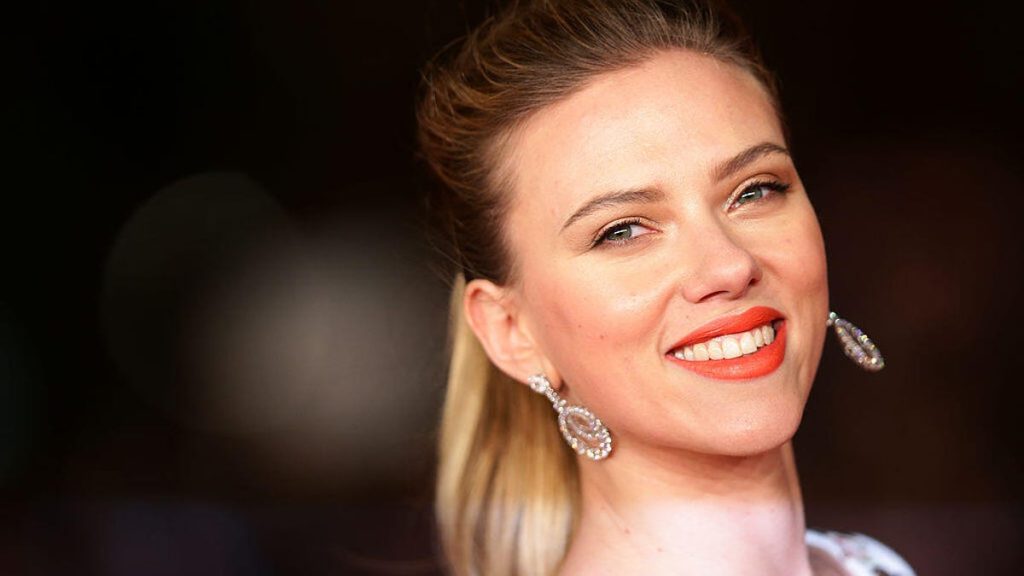“The Little Mermaid” serves as a cautionary tale for the modern era as Scarlett Johansson faces a situation where her voice is mimicked without her consent. OpenAI’s new generative AI tool, ChatGPT-4o, presented Johansson with a dilemma when the company used a voice that sounded like hers despite her refusal to lend her voice. This incident highlights the vulnerability of our voices in the age of AI, where ownership and control over our voices are being challenged. Companies like Meta and Google are creating AI tools that can replicate voices, raising concerns about privacy and trust. The ability of AI to mimic voices without permission poses challenges to our understanding of authenticity and trust in the digital world.
Meta’s AI voice tool, Audiobox, and similar technologies from other companies offer the capability to create AI versions of voices by synthesizing audio recordings. While Meta’s privacy policy allows users to control their AI voice, the widespread availability of voice recordings in the public domain makes it easy for voices to be cloned without consent. The rise of AI-generated voices raises questions about the authenticity of audio content and the implications for trust in digital communications. With AI becoming increasingly sophisticated, society must confront the ethical and legal challenges surrounding voice ownership and consent in the AI era.
OpenAI’s actions in mimicking Scarlett Johansson’s voice without her permission highlight the importance of consent and trust in AI development. Altman’s response to the controversy surrounding ChatGPT-4o’s use of a voice similar to Johansson’s reflects a lack of consideration for her wishes and privacy. The issue of consent extends beyond voice cloning to copyright and intellectual property concerns, as AI models are trained on vast amounts of text data. As society grapples with the implications of AI on human capabilities and rights, the need for clear rules and guidelines governing AI technology becomes apparent.
The potential for AI to infringe on human abilities and rights challenges existing frameworks for ownership and control in the digital age. Dario Amodei, CEO of AI company Anthropic, highlights the complexity of copyright and ownership issues in AI development and the need for society to adapt to the evolving capabilities of AI. As governments work to regulate AI technologies, questions of voice ownership and authenticity become central to discussions around AI ethics and governance. The rapid advancement of AI technology underscores the urgency of establishing guidelines to protect individuals’ voices and ensure transparency in AI development.
As debates around AI ethics and governance unfold, the protection of voice authenticity and privacy emerges as a critical issue. The use of AI-cloned voices in robocalls has prompted regulatory action, such as the FCC’s ban on AI-cloned voices in robocalls. While complete protection of voices may be challenging, individuals can take steps to safeguard their voices in the digital realm by being conscious of the potential for voice cloning and manipulation. As AI technologies continue to evolve, the need for responsible and ethical AI development practices becomes increasingly important to maintain trust and integrity in the digital ecosystem.


